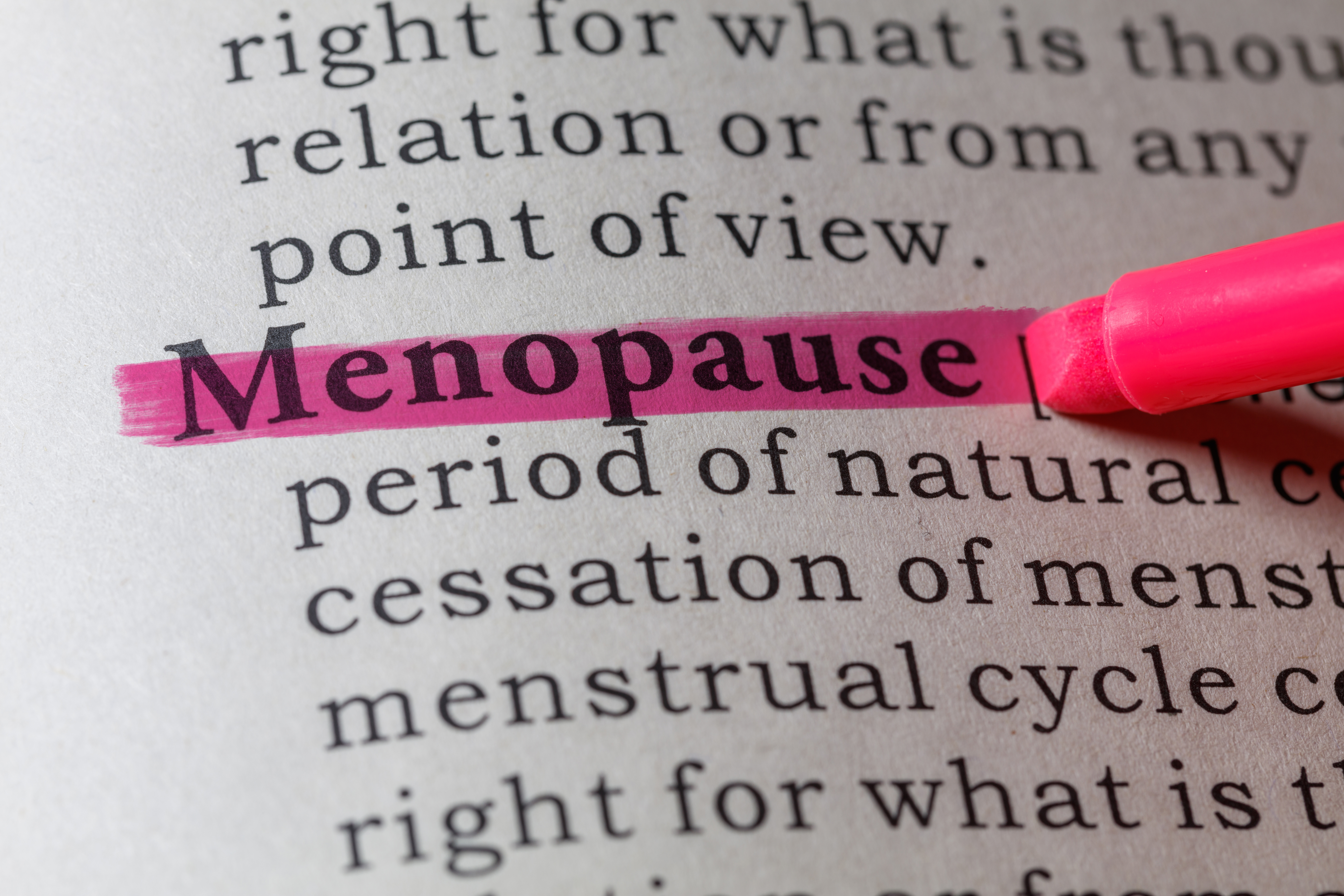In July 2022, the Women and Equalities Committee published a report titled ‘Menopause and the workplace’. The report argued that the impact of menopause was greatly overlooked and is causing the UK economy to “‘haemorrhage talent”’. The report claimed that the current law does not provide sufficient protection for women experiencing menopause and does not offer appropriate redress to those who suffer menopause related discrimination. The report stated that there is evidence that many women have to demonstrate their menopausal symptoms amount to a disability and therefore called for menopause to be recognised as a protected characteristic.
The Government published its response to this report on Tuesday. In response to the recommendation of the appointment of a Menopause Ambassador, the Government has confirmed that it will appoint a ‘Menopause Employment Champion’ who will drive forward work with employers on menopause workplace issues.
The recommendation in relation to the production of model menopause policies has not been accepted, as it is considered not to be necessary at this time. The Government confirmed that there is much that employers can and should do to help their employees experiencing the menopause. The response confirms that there is much work underway already and they want to focus on highlighting and sharing best practice.
With regards to piloting a specific ‘menopause leave’ policy, the Government has confirmed that this recommendation is not accepted, adding it was not seen as necessary. The Government reiterated that they are focussing efforts on publishing best practice and encouraging employers to implement workplace menopause policies and other forms of support such as flexible working. The report confirmed that there are concerns that specific menopause leave could turn out to be “counterproductive”.
The Government has also confirmed that it does not intend to consult on making menopause a protected characteristic. Though it was agreed that women who suffer substantial and longer-term menopausal effects should be protected from discrimination in the workplace, the Government was not satisfied that evidence given fully supported new legislation and in particular introducing menopause as a new protected characteristic. The Government, in rejecting the recommendation, suggested that such an approach might not be the best solution to support women. The government also warned of the importance of ensuring the policy is considered carefully to avoid “unintended consequences which may inadvertently create new forms of discrimination, for example, discrimination risks towards men suffering from long-term medical conditions”. The government confirmed it will not be making legislative changes because sex, age and disability are already protected characteristics which can provide protection against unfair treatment of employees going through the menopause.
The Women and Equalities Committee has criticised the Government’s lack of action stating that the Government “has not actually committed to any new work in response to the report”. The Chair of the Committee, Conservative MP Caroline Nokes, questioned the government’s commitment to the issue of menopause. In a letter to the health minister, Nokes said she was disappointed that “very little new work has been committed to by the government.” She expressed concern that the government had ignored what she termed the “significant evidence base” for menopause being a protected characteristic.
Overall, the Government’s response does not change the position for employers – employers still have a duty to support their employees going through menopause. A government spokesperson said “We encourage employers to be compassionate and flexible to the needs of their employees, and are committed to supporting more flexible working patterns – having consulted on making flexible working the default unless employers have good reasons not to.” Therefore, there seems to be a clear agenda by the Government to put the onus on employers to grow and develop their own policies and share ideas regarding best practice to help their employees experiencing the menopause.
If you require any advice in relation to how you can offer support to employees who are going through the menopause, please contact a member of our Employment and HR team.
Disclaimer: this post has been produced for Napthens’ website blog and does not constitute legal advice.


